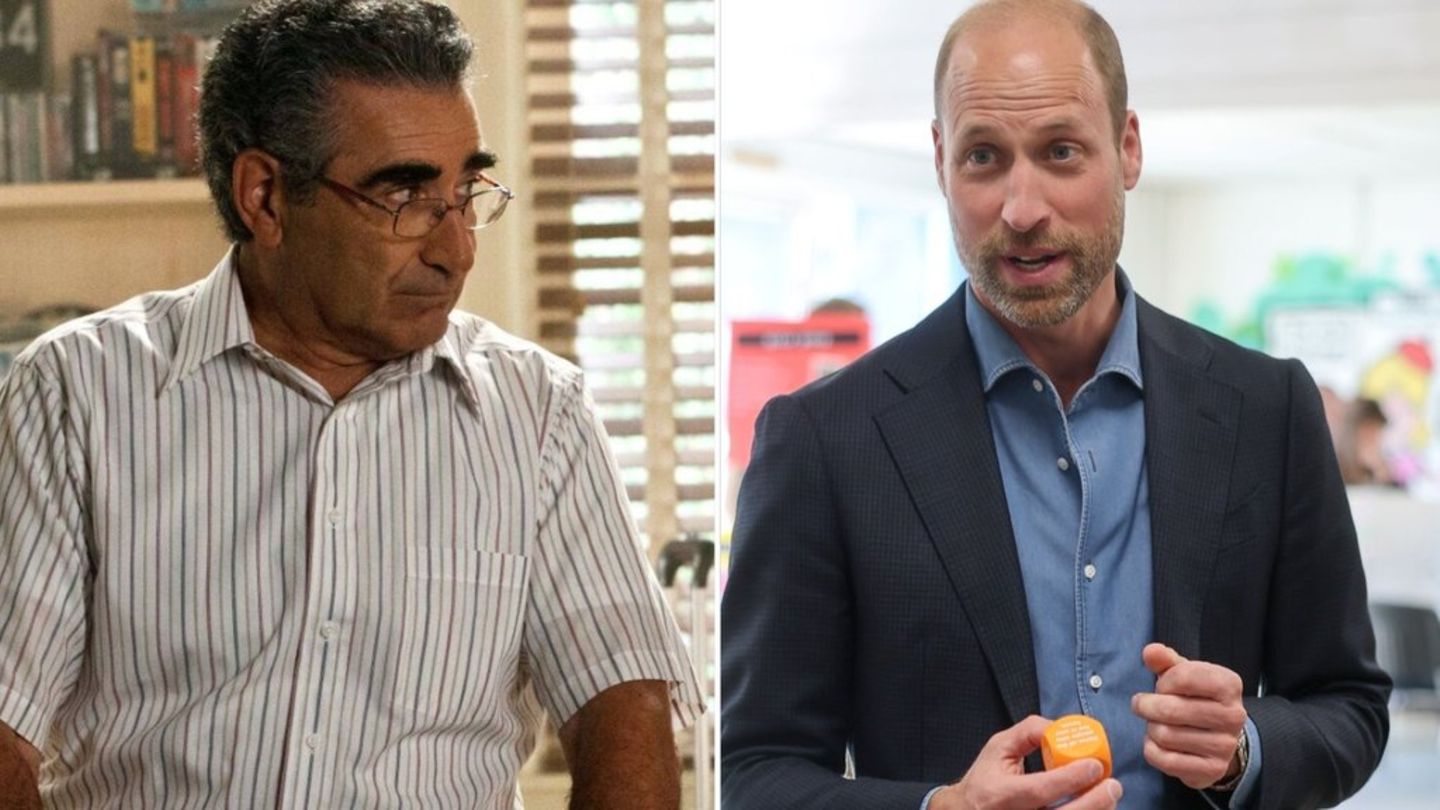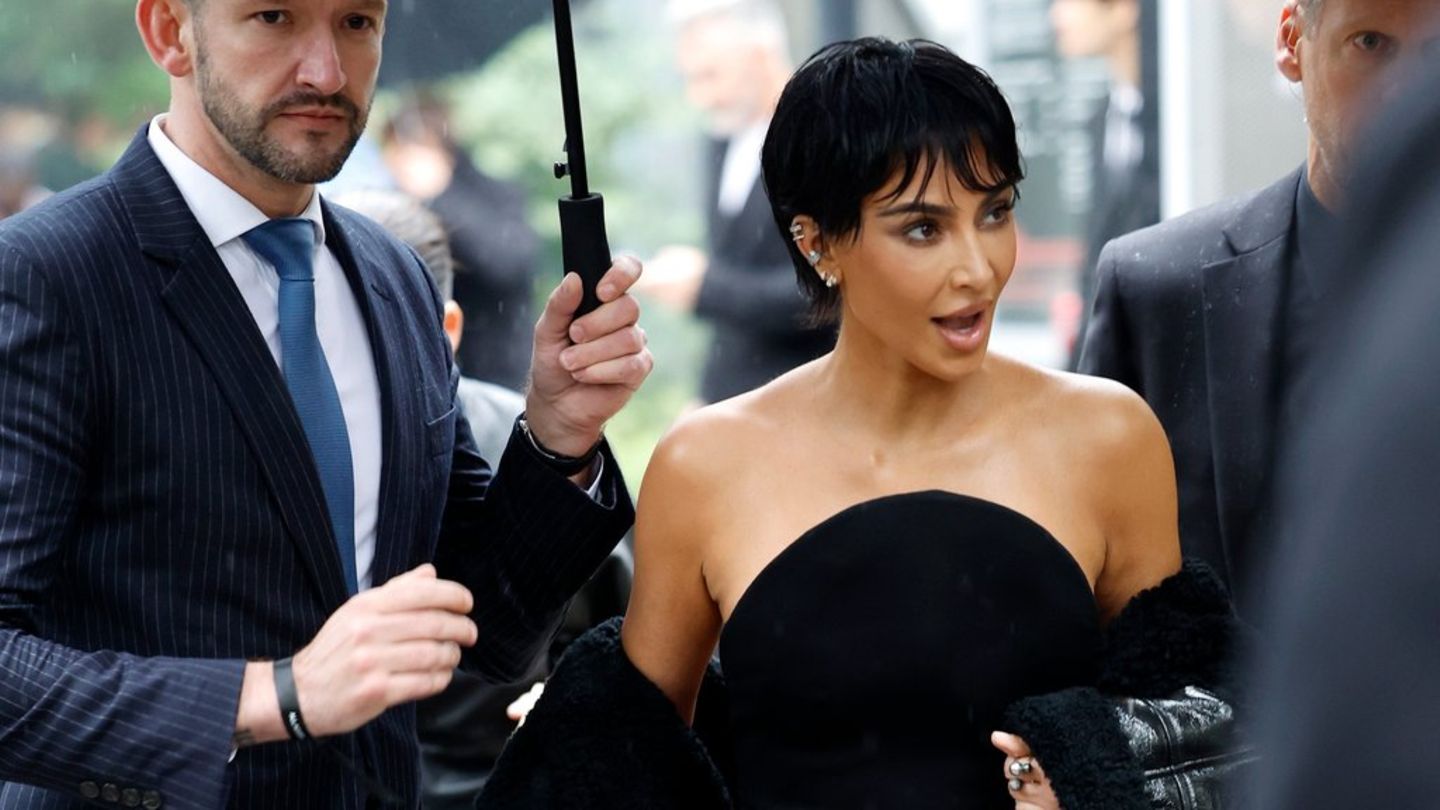The hybrid event is about, among other things, fighting inflation, developing the global economy, fighting the pandemic and preventing a new hunger crisis.
Overshadowed by the consequences of the pandemic and the Russian war of aggression in Ukraine, the International Monetary Fund (IMF) and the World Bank begin their annual spring meetings.
Central topics in the deliberations from Monday are likely to be combating inflation, the development of the global economy, the fight against the pandemic and preventing a new hunger crisis in poorer countries. The meeting brings together finance ministers, central bankers, officials and finance and development experts from around the world.
Hybrid event format
Finance Minister Christian Lindner (FDP), Bundesbank chief Joachim Nagel and Development Minister Svenja Schulze (SPD) are among the participants from Germany. The international meeting in Washington will take place partly as a face-to-face event and partly online. Prime Minister Denys Shmyhal, Minister of Finance Serhiy Marchenko and head of the National Bank of Ukraine Kyrylo Shevchenko are also expected to take part in the talks.
The IMF will present its new forecast for the development of the global economy on Tuesday. IMF chief Kristalina Georgieva has already warned that the war in Ukraine would see growth prospects revised down for most countries. The IMF had already lowered its global growth forecast by 0.5 percentage points to 4.4 percent in January as a result of the omicron wave.
Ukraine war in focus
The finance ministers and central bank heads of the 20 most important industrialized and emerging countries, including Russia, will meet on Wednesday. It was initially unclear who Moscow would send to the meeting. The US government has announced that it will boycott certain G20 meetings if Russian representatives attend and Ukraine is not invited.
The war in Ukraine is also leading to distortions in the commodity markets, as Russia and Ukraine are important exporters of foodstuffs such as wheat for global security of supply. Russia and Belarus are also among the most important fertilizer producers. The distortions or interruptions in trade flows have in some cases already led to higher food prices. The World Bank and the IMF are therefore warning the international community to quickly support poorer countries, especially in Africa and the Middle East, in order to prevent a hunger crisis.
Source: Stern
Jane Stock is a technology author, who has written for 24 Hours World. She writes about the latest in technology news and trends, and is always on the lookout for new and innovative ways to improve his audience’s experience.




